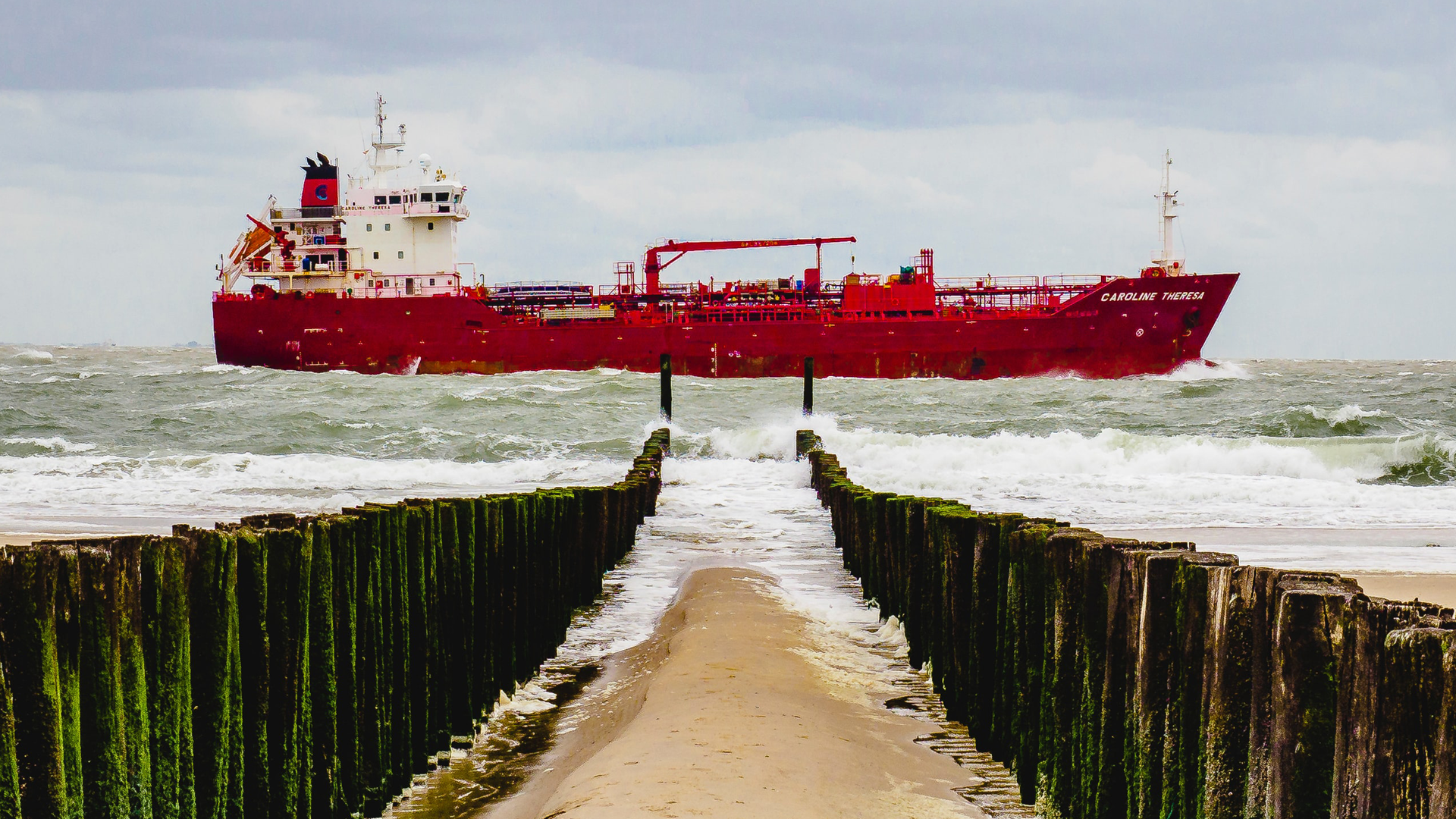Activists look to legal action, taking the fossil fuel industry to court for environmental damage.
Over the past two decades, more than 2,000 climate litigation cases have been filed against both governments and carbon-intensive industries.
As climate change becomes an increasingly pressing issue and awareness grows amongst the public, it’s expected that this number will continue to rise, according to Verisk Maplecroft, a research firm specialising in global risk analytics.

In the first half of 2021 alone, over 70 climate lawsuits were filed worldwide.
Although most were filed against governments, last year’s historic ruling over the Dutch oil company, Shell, highlighted a turning point in climate litigation as activists seek to also hold fossil fuel companies accountable for climate change and their impacts on the environment.
This was the first ruling in which a company was ordered to reduce its emissions in line with the Paris Agreement, limiting warming to well below 2°C. Shell is now required to cut its emissions 45% by 2030.
This decision is expected to set a precedent for future climate lawsuits globally.
Legal action on a global scale
According to a study by University College, London, the majority of fossil fuels will need to stay in the ground in order to limit global warming to 2°C.
However, the impact of the fossil fuel industry is not limited to global warming. Burning fossil fuels releases large amounts of greenhouse gas but the extraction process comes with its own set of problems. This can include air and water pollution, habitat loss and human rights violations related to forced relocation and the suppression of critics.
These more localised effects of the industry are increasingly being met with legal action on behalf of the affected parties. Following the effects of harmful pollution on farmers and local populations caused by multiple oil spills in Nigeria, four farmers chose to take legal action against Shell’s Nigerian subsidiary. After a 13-year trial, Shell Nigeria was deemed liable for the spills and ordered to compensate the farmers for the damages.
In other cases, the accused have publicly demonstrated the risks associated with taking such legal action.
Over the course of three decades, Texaco (now Chevron) allegedly spilled over 72 million litres of crude oil and more than 82 billion litres of polluted wastewater into the Amazon Rainforest. Eventually, a 30,000-person lawsuit against Texaco took place in New York in defense of the (mostly Indigenous people and small-scale farmers) people who claimed to suffer from miscarriages, skin conditions, birth defects, and more, because of the company’s actions.





















